The US China microchip war
The chip, a tiny piece of technological equipment, was, in its most basic form, born with transistor radios. 60 years ago when the chip industry was still nascent, a mere four transistors could fit on a chip. But today, as many as 11.8 billion can.
Also known as a semiconductor the chip is used to automate everything from toys to nuclear weapons, sometimes described as the world's most critical technology. The chip is so crucial that it has been the subject of a technological war between the United States and China for quite some time.
In early October the United States' biggest salvo against China got underway. US President Joe Biden imposed export controls that would block China' access to semiconductors.
The next day the local government of Shenzhen, China's technology hub, announced the plan to address the plight of the semiconductors industry and just as the Chinese Communist Party's 20th National Congress concluded, the Chinese government designated the war over technology a threat to its national security.
So far semiconductor manufacturing companies in the US have been making 30% of their revenue from sales to China, the country imported $400 billion worth of chips in 2021.
To offset the consequences of US restrictions in the technology field, China is said to be taking the "whole of the nation approach" mobilizing all national resources.
China invested as much as $11 billion in quantum computing between 2009 and 2011, compared with $3 billion by the United States.
Government led investment in semiconductors has seen $137 billion of funding for the industry. China's central bank has introduced special low interest loans for high tech firms, and hundreds of laboratorys are being launched to enhance research.
By all appearances the United States tech war on China is inducing the country to do more on its own to gains. The war may set China's tech industry back a number of years, but if the Chinese acquire the science through their own research, they will end up in a better position in several years than they would have been had their access to American chips been unhindered.
The sanctions have thrust into uncertainty the activities of some of China's supreme semiconductor manufacturers.
Advanced Micro Fabrication Equipment inc., or AMEC, is one such company owned by semiconductor wiz Gerald Yin, who has earned a doctorate from the University of California and is an American citizen, who returned to China in 2004 to contribute to the tech industry of his homeland.
The October sanctions also prohibit, "the services of American talent to China's semiconductors industry". Yin while originally Chinese now faces hurdles as a US citizen to continue to work at his own company in China. So do six other top managers at his firm, who are also US citizens.
But in other important ways, China's by the bootstraps approach is already paying off. The country's largest semiconductor manufacturer, the Semiconductor Manufacturing International Corporation, has started shipping 7 nanometer chips despite American sanctions.
The Yangtze Memory Technologies Corporation, a state owned memory chip producer, was supplying parts to be used in Apple iPhones before the embargo.
Last year, domestic revenue in China's semiconductor industry surpassed $157,000,000,000.
It is a fact that 19 of the 20 fastest growing semiconductor companies globally were Chinese. In his report to the Chinese Communist Party's 20th National Congress in October, days after President Biden announced the most sweeping restrictions on China and the chip industry.
Chinese President Xi Jinping said China had to "win the battle" in core technologies. The fact that President Xi made that appeal and that he used the word technology 40 times, up from 17 in the report from the 2017 Congress, are no coincidences.
China is perfectly aware of, not only the implications of the new American sanctions, but also of the critical need to achieve self sufficiency in technological fields that, for all intents and purposes, will determine the course of history in the years to come.
Well, it's a war that the United States may have launched, but it doesn't look as if it's going to be the one that the United States gets to end.
Hezbollah attacks Israeli forces after Lebanese homes blown up
World leaders, states hail ICC arrest warrants for Netanyahu, Gallant
MP: US accountable for possible Israeli 'foolishness' to attack Iraq
VIDEO | Israeli policies strangle Palestinian agriculture, economy
Iran's president offers condolences to Pakistan over terrorist attack
Canada’s Yukon town council at standstill over refusing oath to King Charles
Yemen's Houthi calls for jihad to protect Palestine against Israel
VIDEO | Internal rifts within Israel


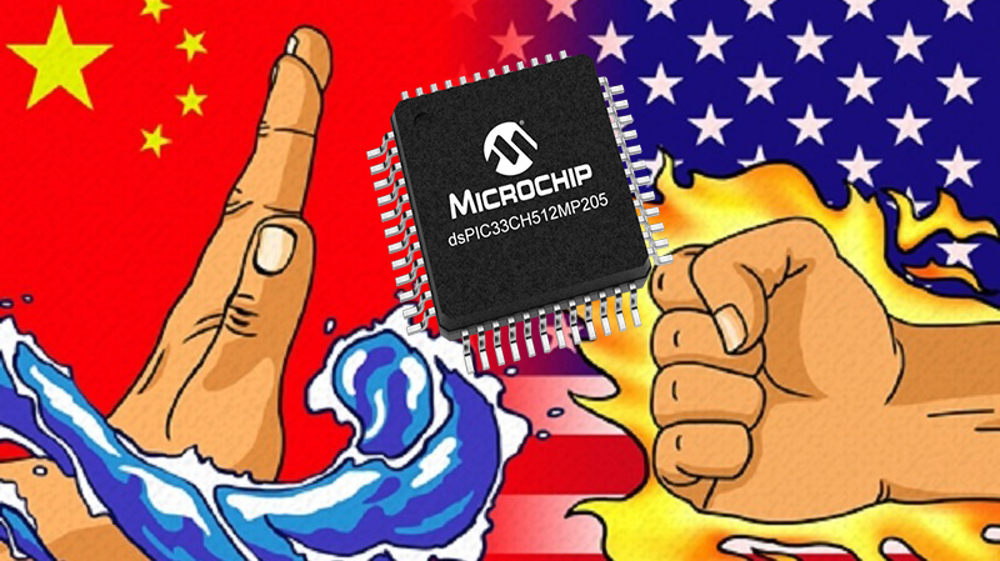
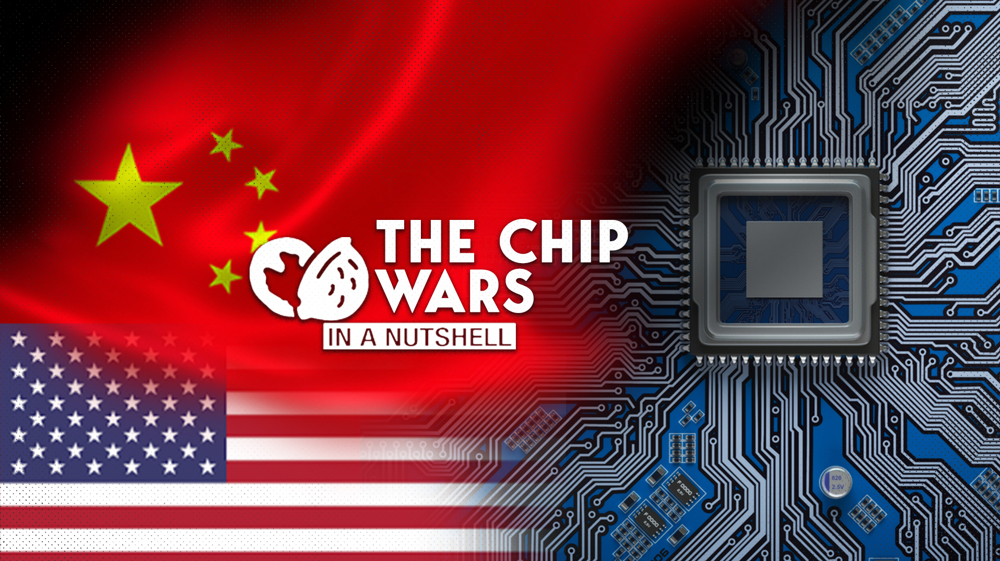
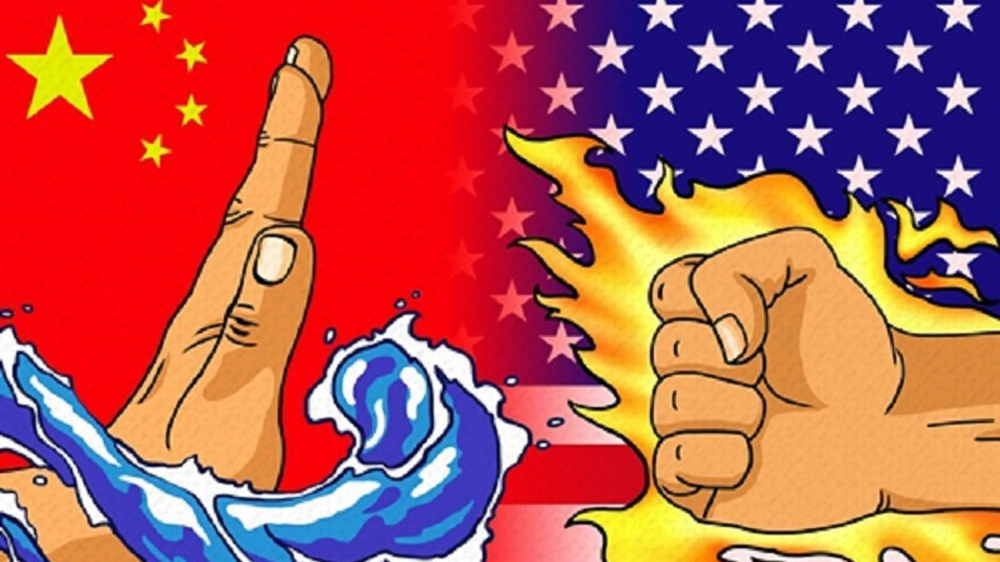
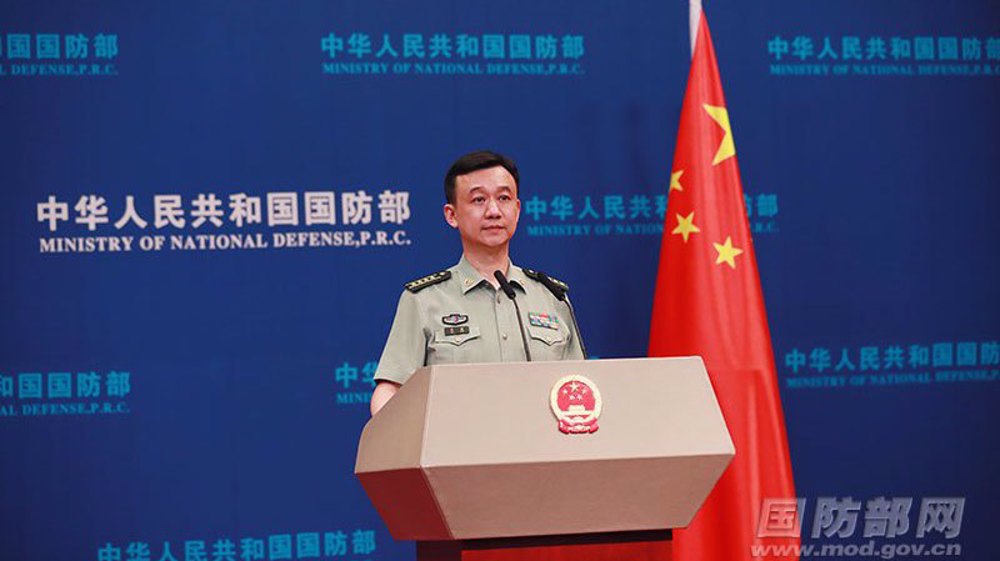
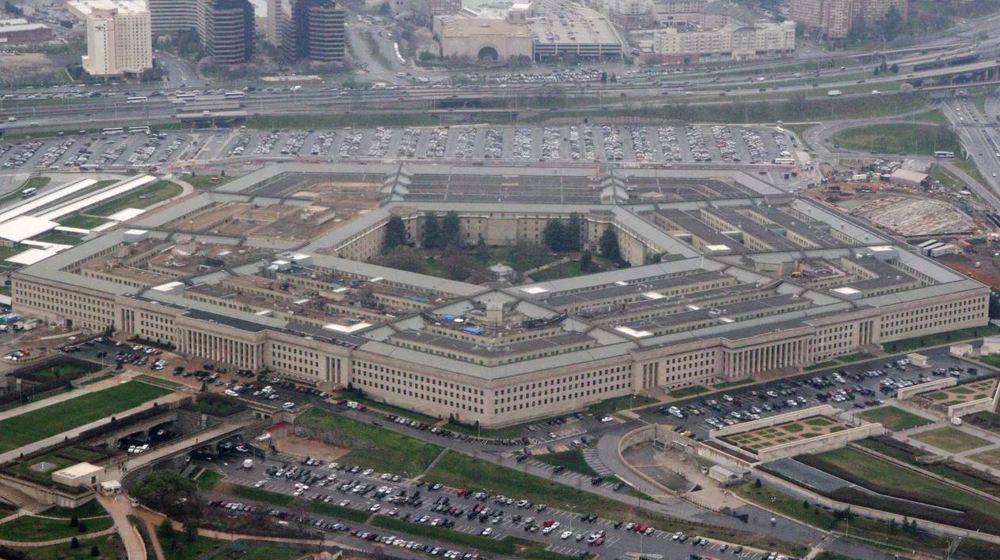
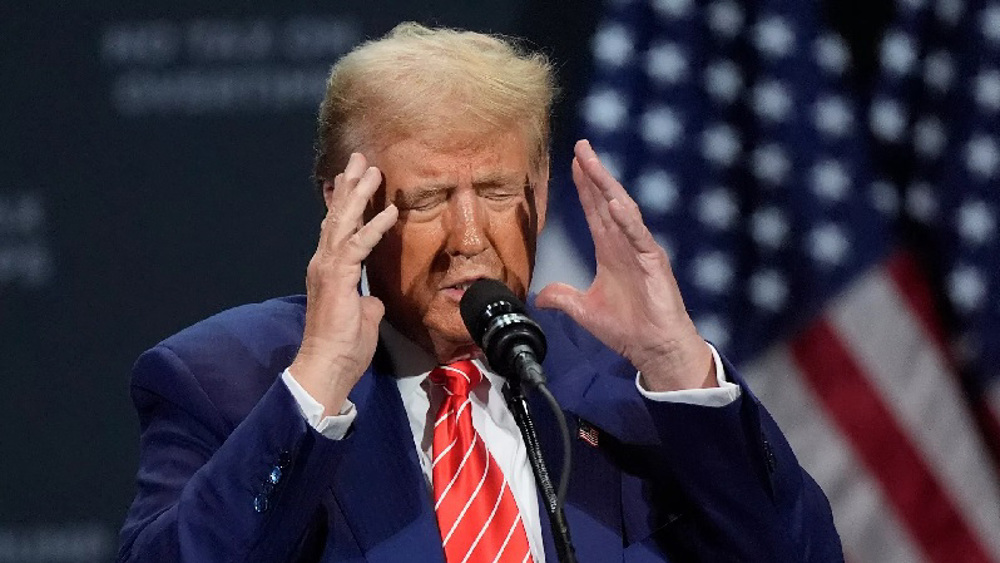
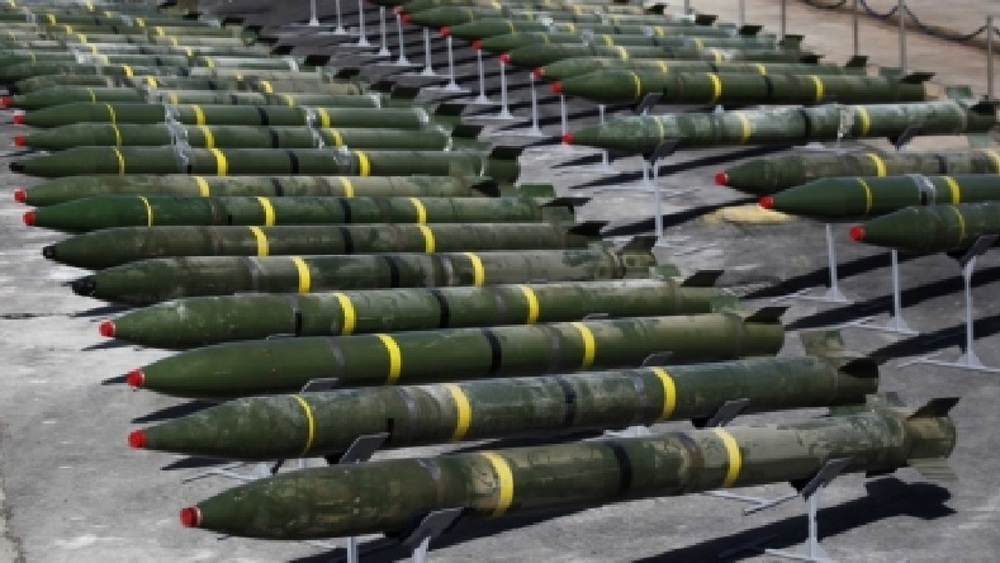
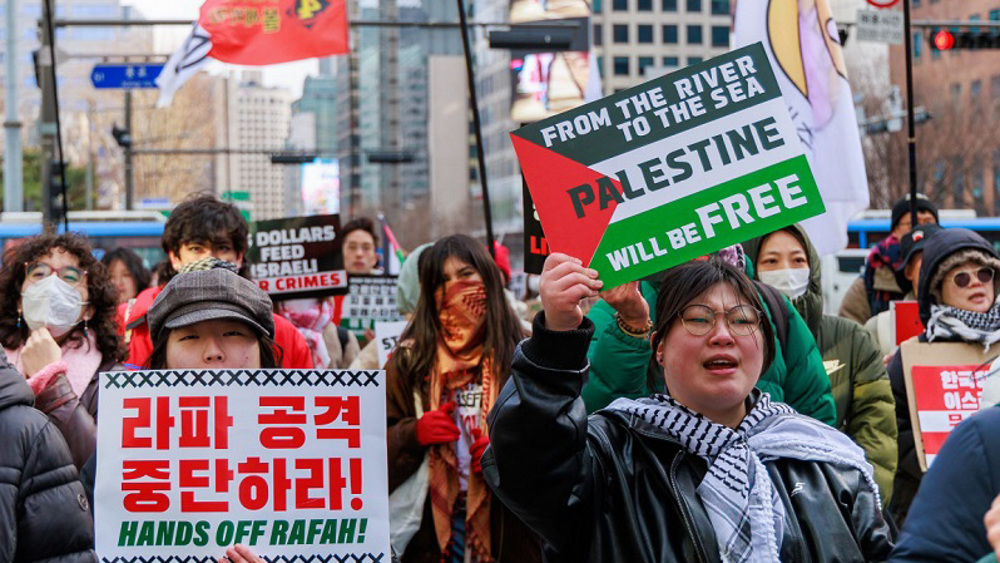




 This makes it easy to access the Press TV website
This makes it easy to access the Press TV website